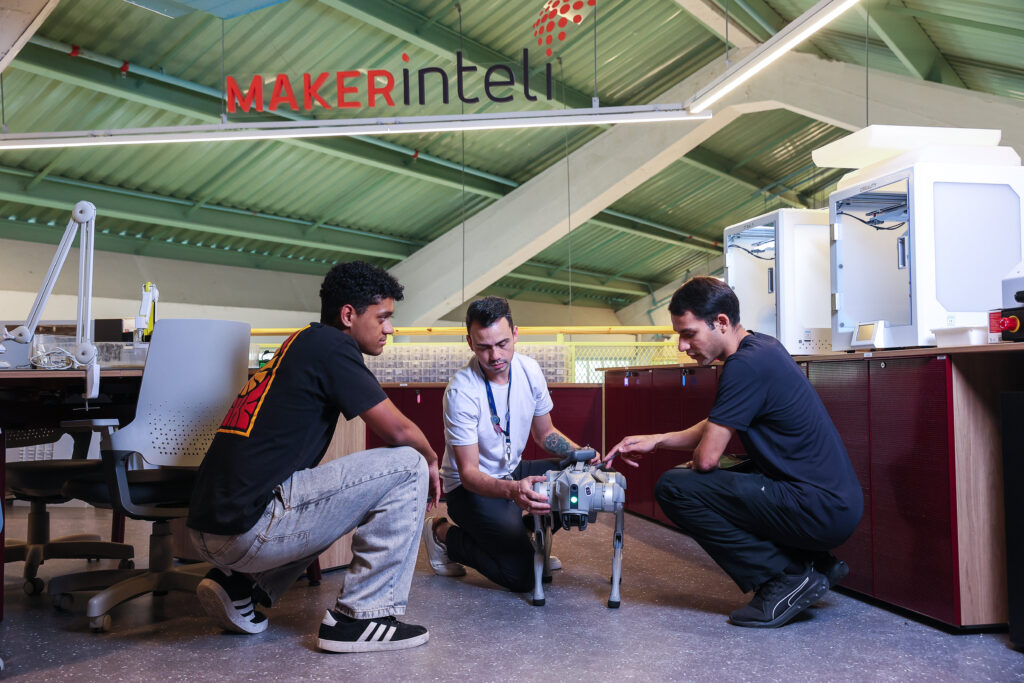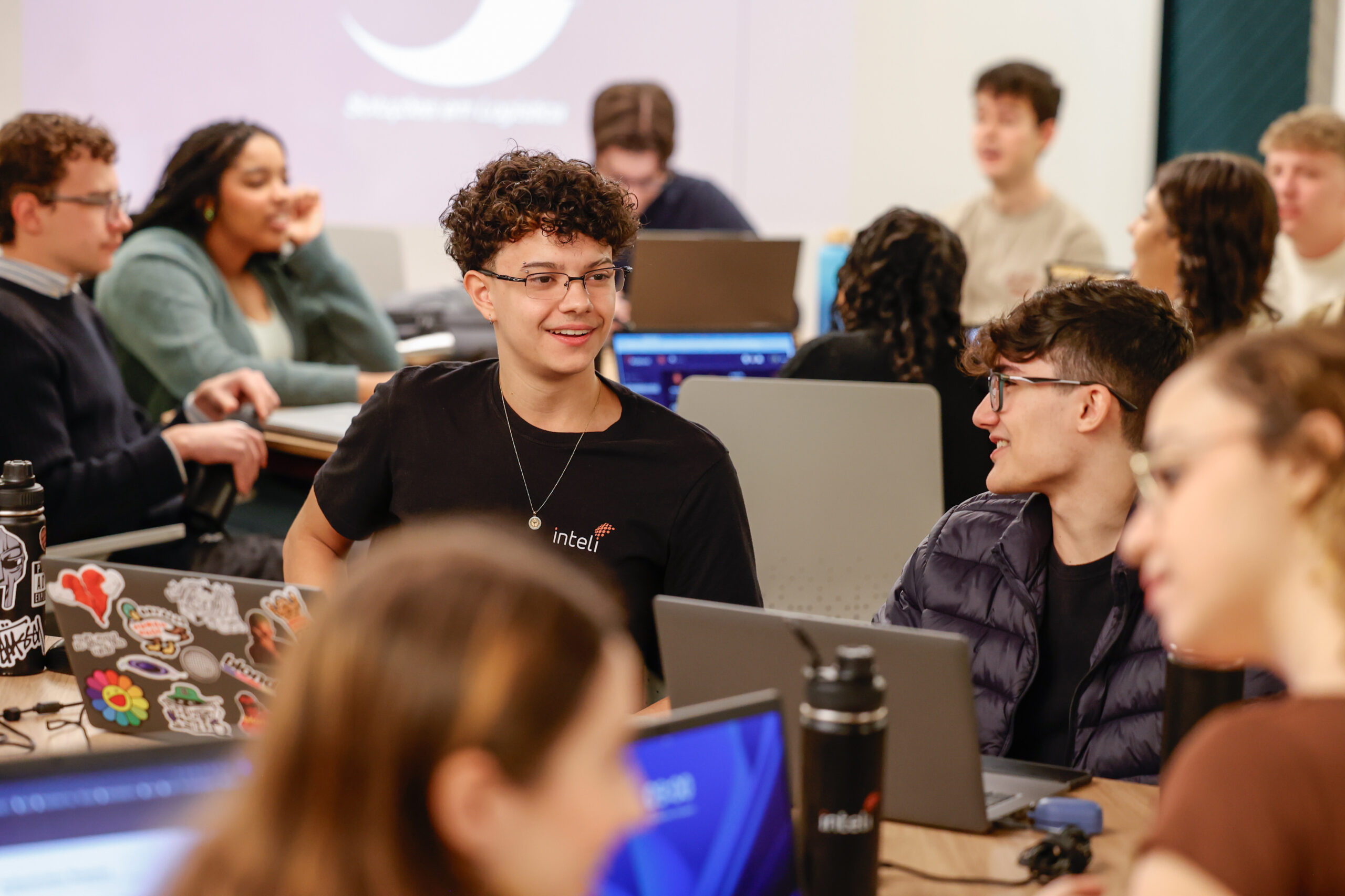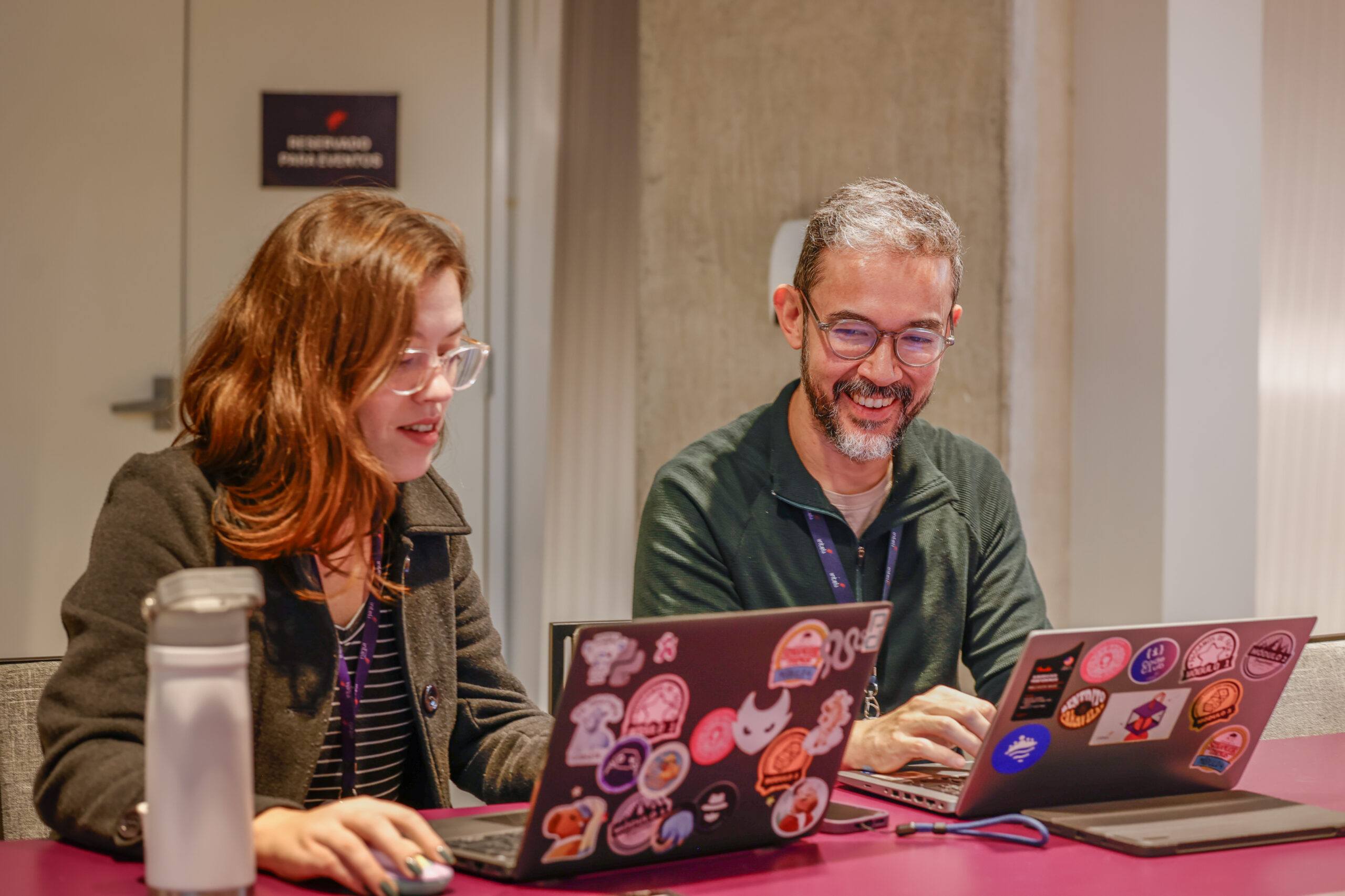
It's an illusion to imagine that we'll see huge leaps in the quality of education just because of the interaction between students and AI agents. There is no doubt that AI will have a significant impact on access to education, as it will make it possible to scale up certain types of instructional processes at a sustainable cost.
But "access" and "quality" are different things. The biggest challenge will continue to be ensuring student engagement. No matter how much technology advances, in the end, in order to learn, students will need to stop, sit down and study.
No matter which channels of apprehension the student uses, whether tactile, visual or auditory, the flow will continue to be "input" > "processing" > "output". I would like to draw your attention to the "processing" stage. This is when the student builds reflections, digressions, narratives and other mental processes capable of persisting what they have learned in their permanent memory. This is something that the AI can't do in the student's place; they have to go through it themselves.
Active methodologies and the role of pedagogy
Pedagogical methodologies will continue to be of fundamental importance, especially active methodologies, in order to generate relevance in what is intended to be taught and in the specific context of the student, whether personal or socio-economic.
In other words, I have no doubt that AI agents will play a central role in the future of education, but the most significant leaps will only come for those who know how to combine them with good old-fashioned pedagogy.

Universities as protagonists of the future
Leading educational institutions, those at the forefront of knowledge, have an incredible opportunity to spearhead the changes that will be so necessary. Firstly, by embracing new educational models themselves, based on cases, challenges, projects or problems, and no longer on subjects.
But beyond that, they will be able to create high-impact lines of research into the use of AI in the educational environment. To do this, it will be necessary to move away from the "observer" stance, i.e. not just test what works in terms of AI, based on what is available on the market.
The new stance will have to be "active", with them developing AI agents themselves or, better still, tools to facilitate the development of AI agents by members of their community. Even if the big corporations get involved in this development, such as LMS producers , publishers and large educational groups, there will always be niches, micro-niches and nano-niches to fill, especially those with low commercial return or public interest.
Developing methodologies and tools so that educators can create their own AI agents, more than anything, is a way of democratizing access to this technology, diluting the effect of corporate biases in a very concentrated market. A great opportunity for universities and other educational institutions to ensure their relevance in this post-AI scenario.




